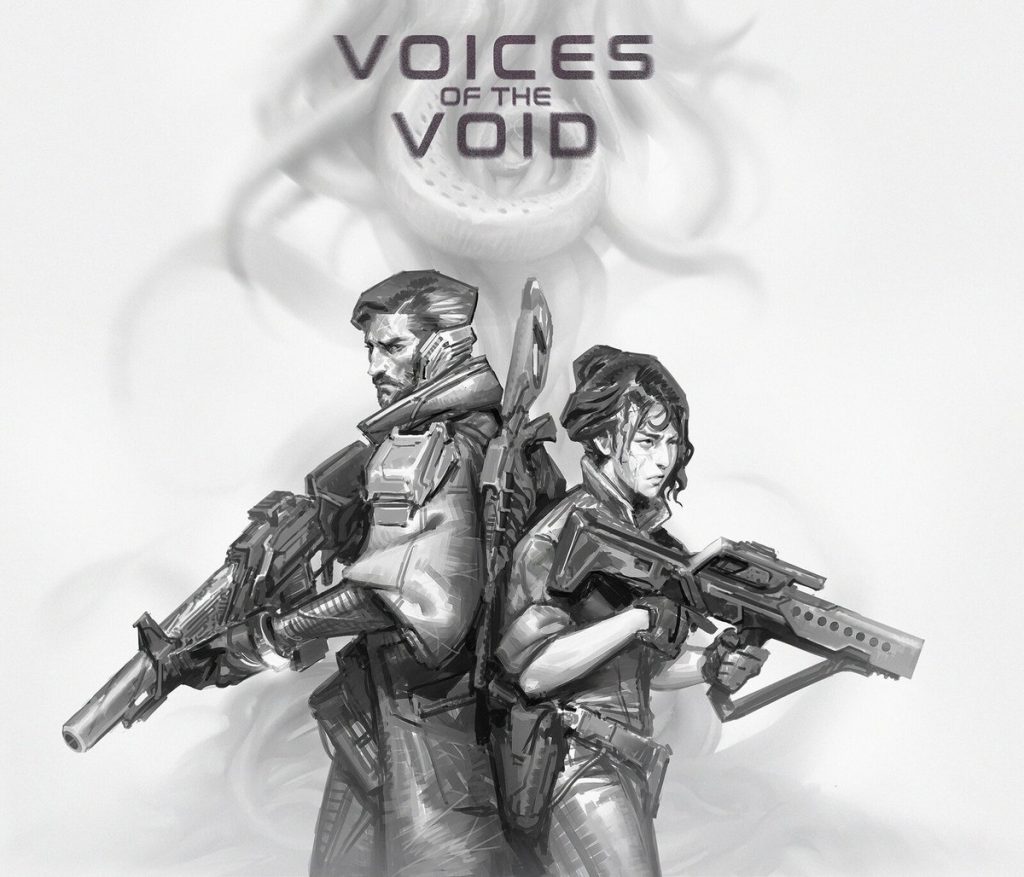I detailed in a recent Star Wars Mandalorian analysis a rare entry into the the true science fiction space in the mighty space opera franchise.
In the final episode of the first season, a droid character acts as though he is sapient, even making moral calculations, but at the same time denies that he is alive. This becomes important when the Mandalorian, who never removes his helmet in front of living beings due to an oath, allows the droid to remove his helmet and treat a life-threatening wound.
This creates some dissonance with the titular character – he has come to respect the droid (he normally hates them due to childhood trauma), and so initially refuses to allow the droid to commit suicide to save them. The droid once again reminds him that he was never alive to begin with.
This makes a subtle statement through the story and the background Star Wars universe:
Minds are not merely material.
That is to say, the human (or alien) mind is more than a physical process. Just because something imitates the mind does not make it have a soul. It can seem like it has a soul, because it acts like a person, but it doesn’t, because as the droid IT lets you know, it’s just his programming.
This is totally at home in the Star Wars universe. As Yoda said, “Luminous beings are we, not this crude matter.” The heart of Star Wars is a rejection of the materialist philosophy that dominated the 20th century.
So this is one thing I was happy to see actually touched in some way since the Disney acquisition. Solo: A Star Wars story actually tried to do the opposite – make a droid into something living.
Droids can have personality, but they have always been a programmed thing. Kind of like a pet, you get upset about their loss, but there is a definite barrier between a droid and a person.
If you like Star Wars or science fiction in general, you might like my latest scifi-horror book (sequel coming this year), Voices of the Void. I like to call it “Aliens meets Lovecraft,” but it has its own flavor as well.





